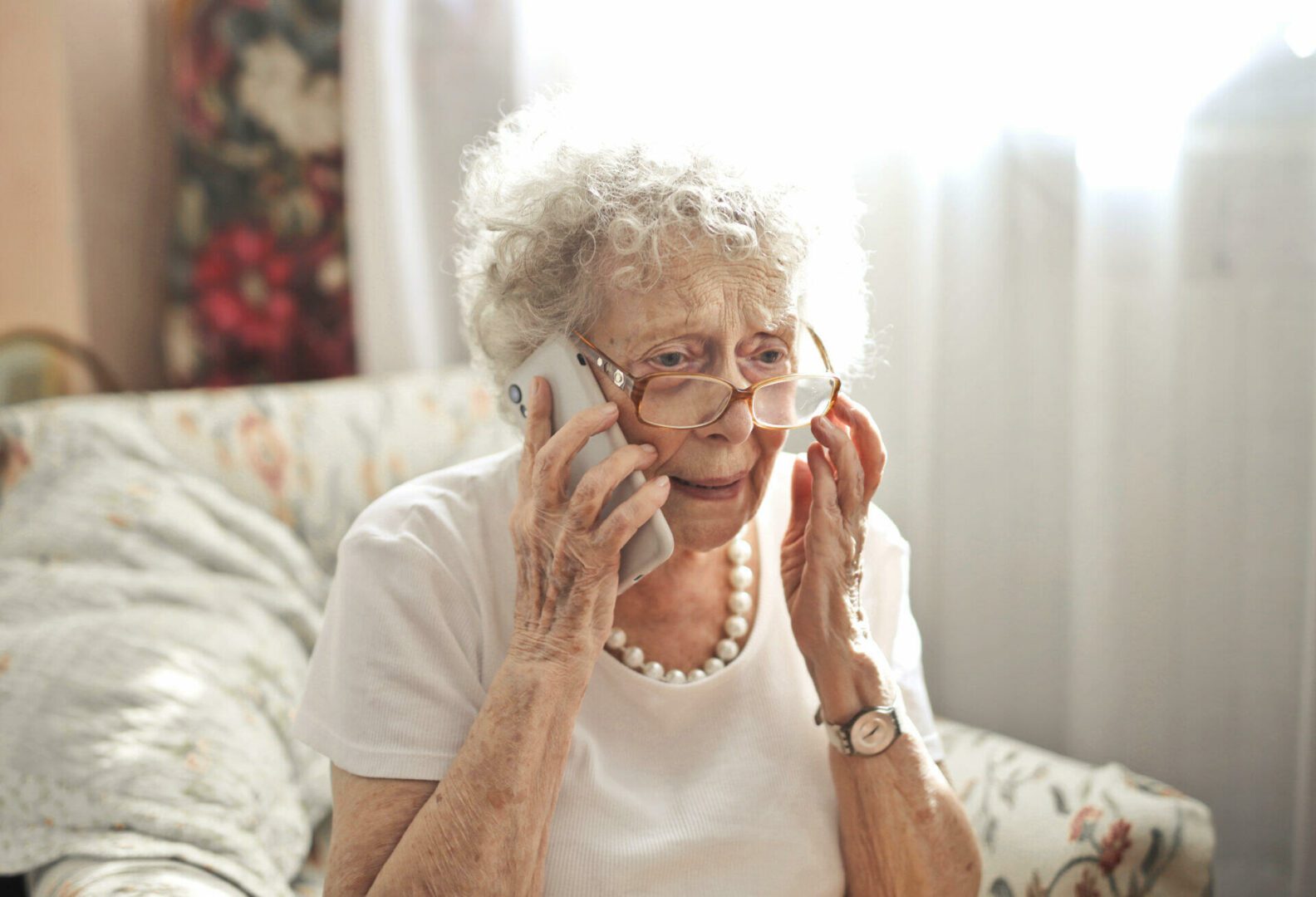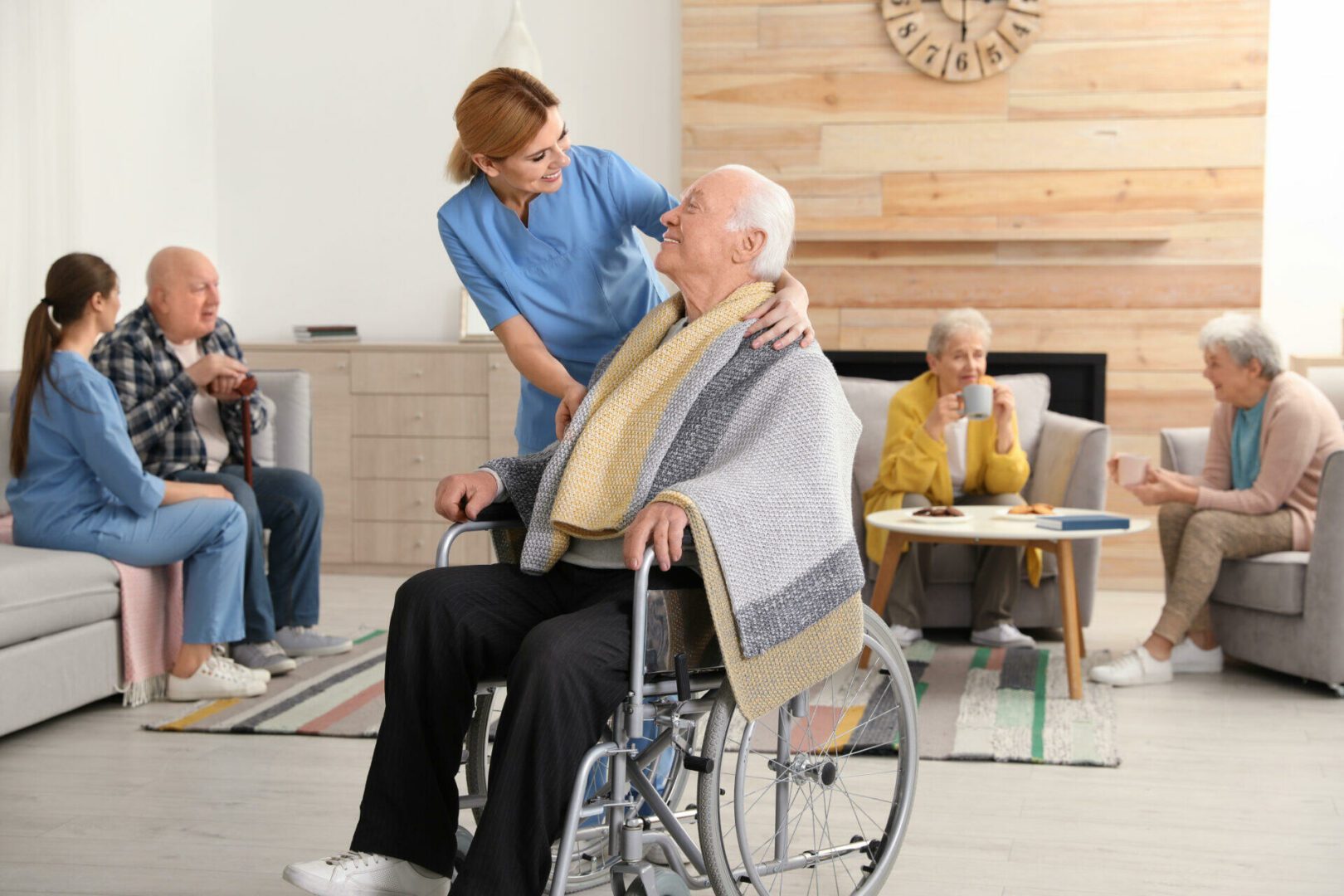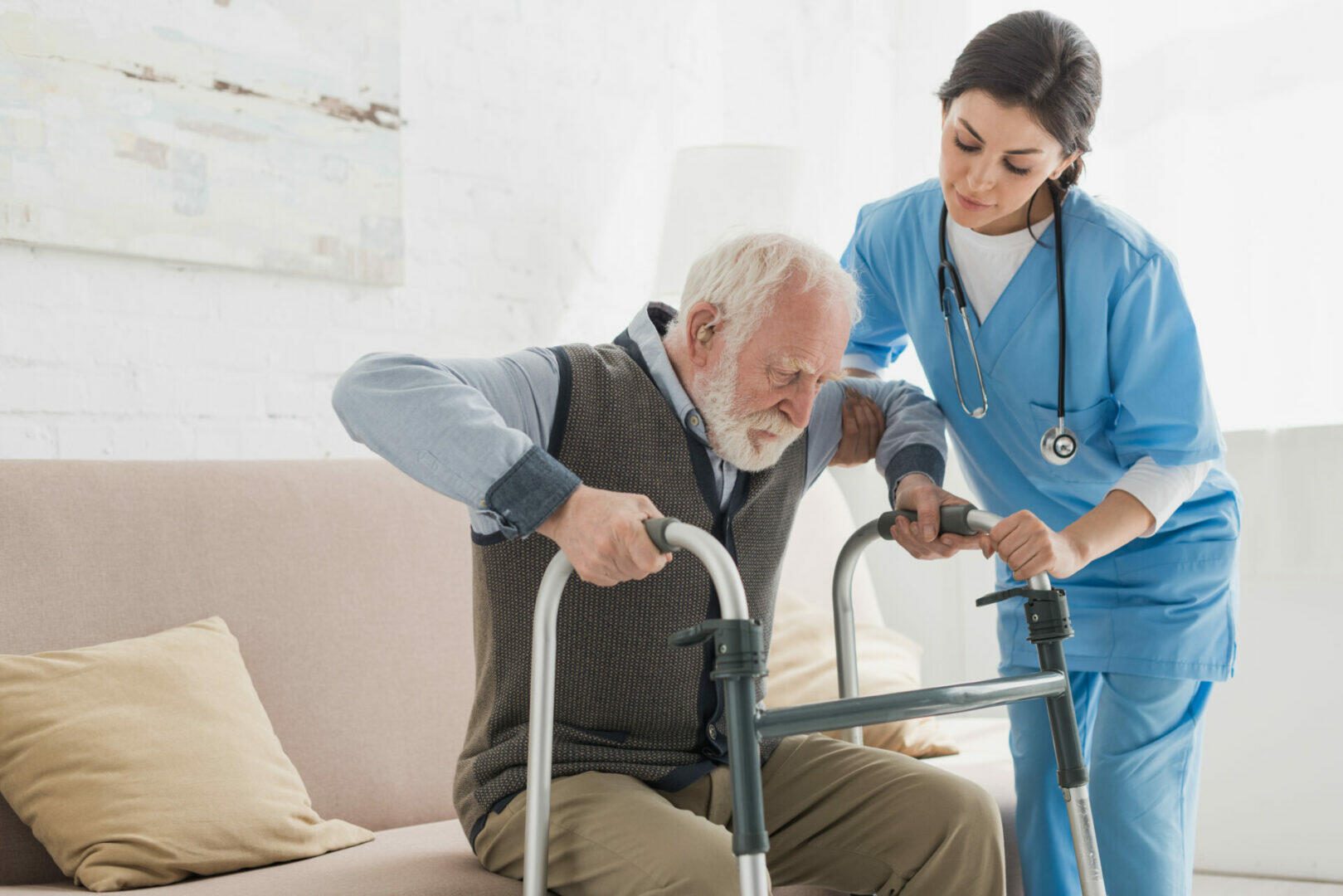Elder Abuse Awareness & Prevention
Adult Protective Services investigators protect vulnerable adults from abuse, neglect, and exploitation by coordinating with mental health, public health, law enforcement, the probate courts, the aging network, community groups and the general public.
AAANM is strongly committed
To the prevention and identification of elder abuse in our communities. We work with other organizations to:
- Share knowledge and experience with current elder abuse issues.
- Identify and sponsor training opportunities for professionals and the public about elder abuse, neglect, and exploitation.
- Participate in coalitions and task forces that focus on preventing elder abuse in our communities.
- Advocate on Elder Abuse legislation.
Adult Protective Services investigators
Protect vulnerable adults from abuse, neglect, and exploitation by coordinating with mental health, public health, law enforcement, the probate courts, the aging network, community groups and the general public. If you suspect abuse, neglect or exploitation, call the Vulnerable Adult Help Line at (855) 444-3911 any time day or night, seven days a week to make a report. Staff will investigate allegations within 24 hours after the report is received.
Important definitions
Vulnerable: A condition in which an adult is unable to protect himself or herself from abuse, neglect, or exploitation because of a mental or physical impairment or advanced age.
Abuse: Harm or threatened harm to an adult’s health or welfare caused by another person. Abuse may be physical, sexual or emotional.
Neglect: Harm to an adult’s health or welfare caused by the inability of the adult to respond to a harmful situation (self-neglect) or the conduct of a person who assumes responsibility for a significant aspect of the adult’s health or welfare.
Exploitation: Misuse of an adult’s funds, property, or personal dignity by another person.
Caregiver Abuse: People responsible for providing care may harm the adult in ways that may or may not be obvious.
For further information, contact your local Department of Health and Human Services (DHHS) office.
For Additional Information
Elder Law of Michigan
1-866-400-9164
National Center on Elder Abuse
Click Here
Elder Abuse
Click Here



